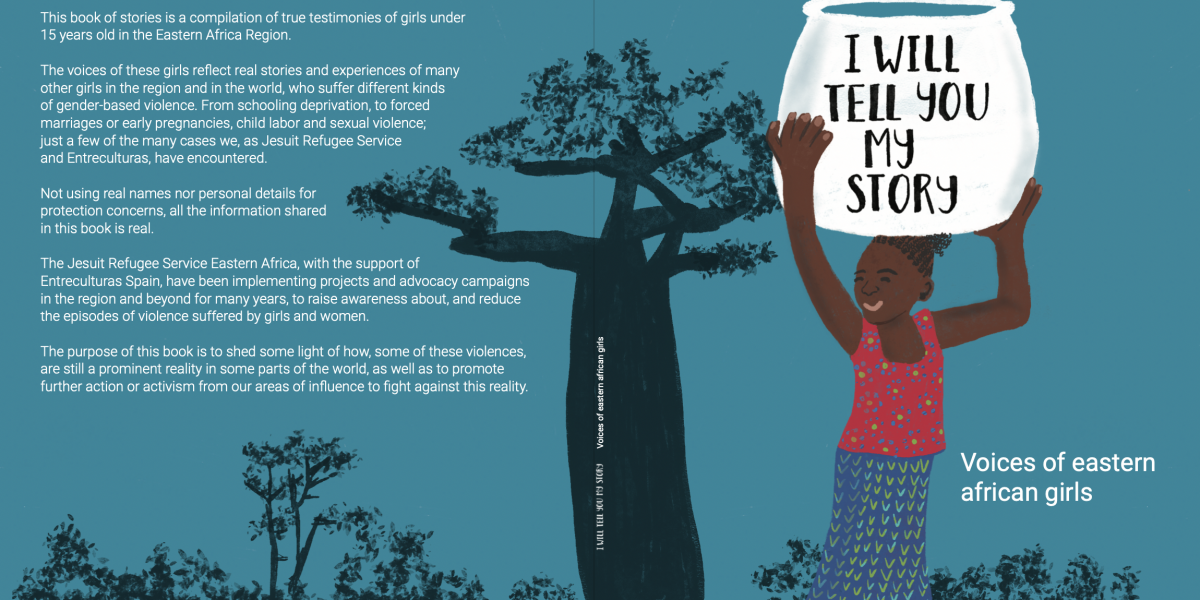
Adid’s story is a powerful tool for promoting discussion and reflection on issues of gender inequality and the importance of education for girls.
Adid’s story illustrates the global issue of gender inequality and how it affects education and opportunities for girls, particularly in traditional or conservative communities like this in Ethiopia. Similar challenges are faced by girls in countries like India, where cultural norms often prioritize boys’ education and leisure over girls’ schooling and involve them in household duties from a young age.
In India, significant progress has been made in promoting gender equality in education, especially through government policies like the Right to Education Act of 2009, which mandates free and compulsory education for children aged 6 to 14 regardless of gender. Additionally, initiatives such as the Kasturba Gandhi Balika Vidyalaya scheme aim to improve girls’ enrolment and retention in schools, particularly in rural areas and among marginalized communities.
However, despite these efforts, challenges persist. Adid’s story highlights the need for continued advocacy and action to address gender inequality in education and beyond.
Our High School students: Ms Valerie Rodrigues, Master Anmol, and Poyacara Tanisha Mariam, from Class VIII(age group 13-14 years in our country) recognize the importance of discussing and studying such real-life issues in the classroom. They see the potential for these discussions to sensitize students to social issues, encourage them to form their own opinions, and inspire them to become advocates for change. Ms Valerie said,
In cities like Mangaluru, where the literacy rates are high, the practice of gender discrimination is relatively low compared to rural areas. However, it is essential that we sensitise our students towards such global issues like how we already practice outreach programmes in our curriculum where students from classes VIII to XII visit different Ashrams, and destitute homes to spend time with inmates, know their life stories and lend a helping hand within our limitations.
Ms Veena Mayekar, a teacher at the school, sees potential in using Adid’s story as an additional resource material in language and social science classes. Students can engage with the story through activities like writing reviews, conducting role-plays, and using it for group projects in social science classes. These activities can encourage critical thinking and a deeper understanding of social issues and foster a sense of empathy and social responsibility among students. In conclusion, Adid’s story is a powerful tool for promoting discussion and reflection on issues of gender inequality and the importance of education for girls.
End.
This piece has been republished from Educate Magis, a partner organization that works with teachers all over the world.
You can access the whole book I Will Tell You My Story: Voices of Eastern African Girls in our website!


